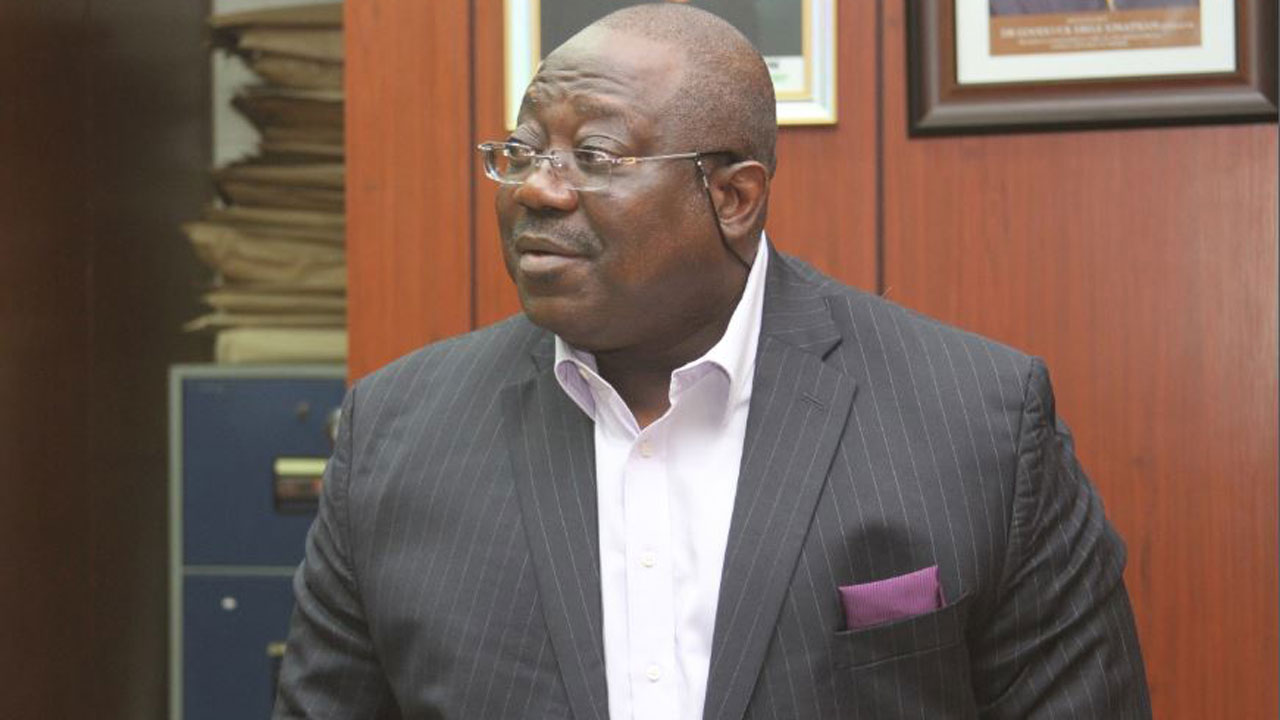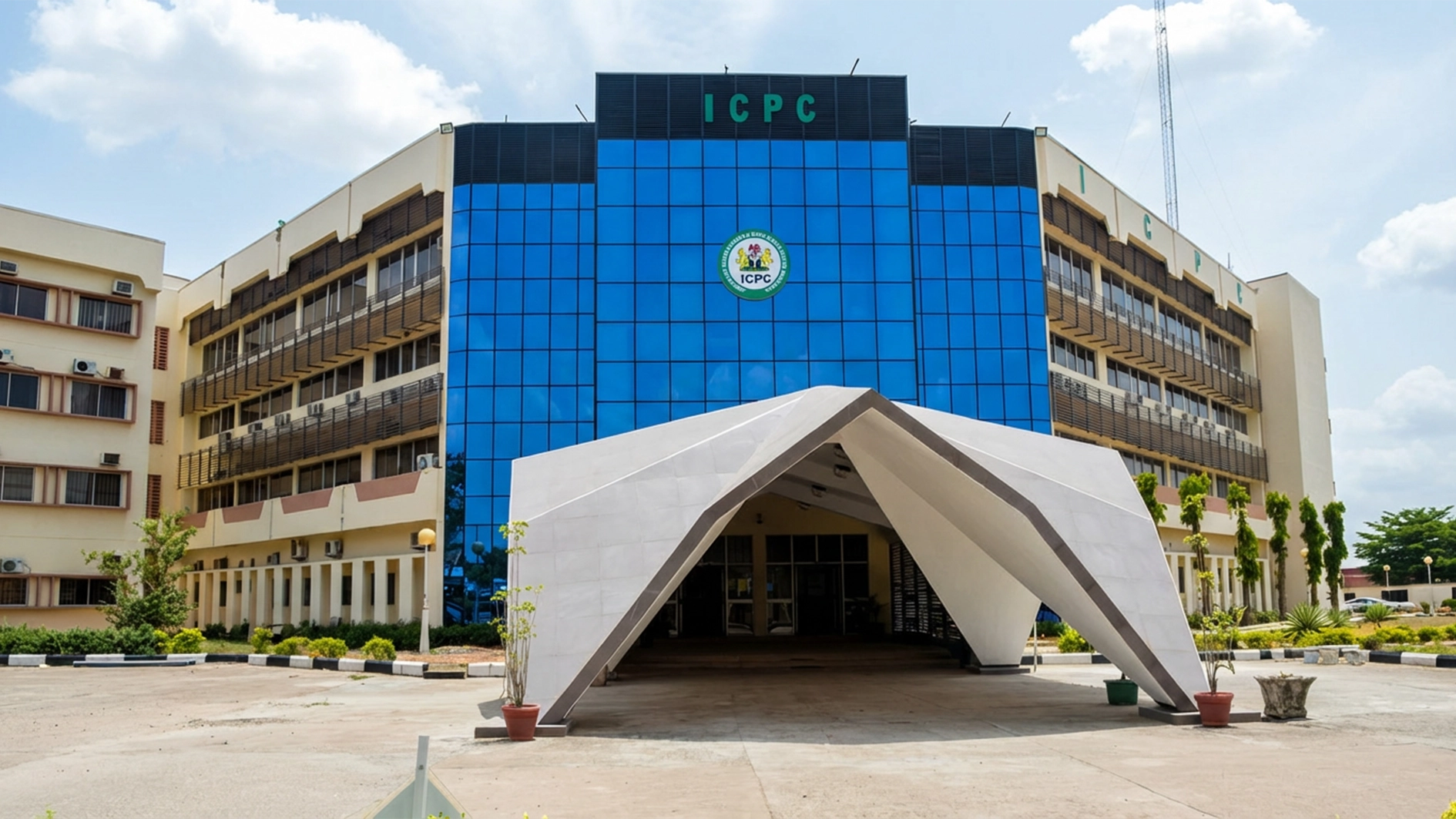
Chairman of the Federal Civil Service Commission, Prof Tunji Olaopa, has given insight into how to transform the country’s civil service to make it contribute significantly to good governance.
Olaopa, a professor of public administration and a former federal permanent secretary, spoke, yesterday. at the University of Ibadan, Oyo State during the maiden Distinguished Annual Public Lecture Series of the Association of Retired Heads of Service and Permanent Secretaries of Oyo and Osun States (ARHESPSOOS).
Olaopa, who spoke on “Reengineering the Engine Room: The Civil Service as the Fulcrum of Sustainable Development” commended ARHESPSOOS for taking the initiative to “create this annual seminal platform to offer its multidisciplinary experts and professional capital to contribute to rethinking the intellectual bases of the working and practice of public service as engine room of governance in Nigeria.”
He added: “Indeed, it will be a real shame and gross disservice to the civil service in Nigeria to have such a rich assemblage and mine of bureaucratic wisdom as resident in this association and not tap into it.”
Olaopa used what he identified as a Rolls Royce metaphor to convey the state of the civil service.
According to him, whereas the nation needs an administrative backend propelled by a jet engine, what it has in the bureaucracy is the engine of a Beatles car.
He stressed that the service workforce structure was characterised by a situation where there are too many doing nothing, too many doing too little, and too few people doing too much.
He referred to a poor capacity to get things done “graphically painted in the 2005 World Bank review finding that: 29 per cent of programmes ever got completed, 45 per cent of ongoing projects are rated satisfactory 26 per cent of such projects usually get cancelled.”
But noting the potential of the civil service for good governance, Olaopa described it as the institutional bedrock for transforming the developmental agenda of the Nigerian state.
“This means that Ministries, Departments and Agencies (MDAs) – the engine rooms of the public service system – must be adequately capacitated to become effective and efficient as the formidable institutional framework that would be ready at all times to meet the challenge of nation building, good governance and national development.”
Revisiting the engineering metaphor that underlined his lecture, Olaopa said the powerhouse of the bureaucracy that had been hitherto powered by the engine of a Beatle car, now needs that of a jet to fire up and make progress.
According to him, this requires a change management framework that is anchored around three critical frameworks: the quality of bureaucratic efficiency; the quality of service delivery and performance accountability within a democracy; and the professionalism of the public servants.
According to Olaopa, achieving this vision requires adequate blueprints and action plans that connect present realities with future aspirations.






